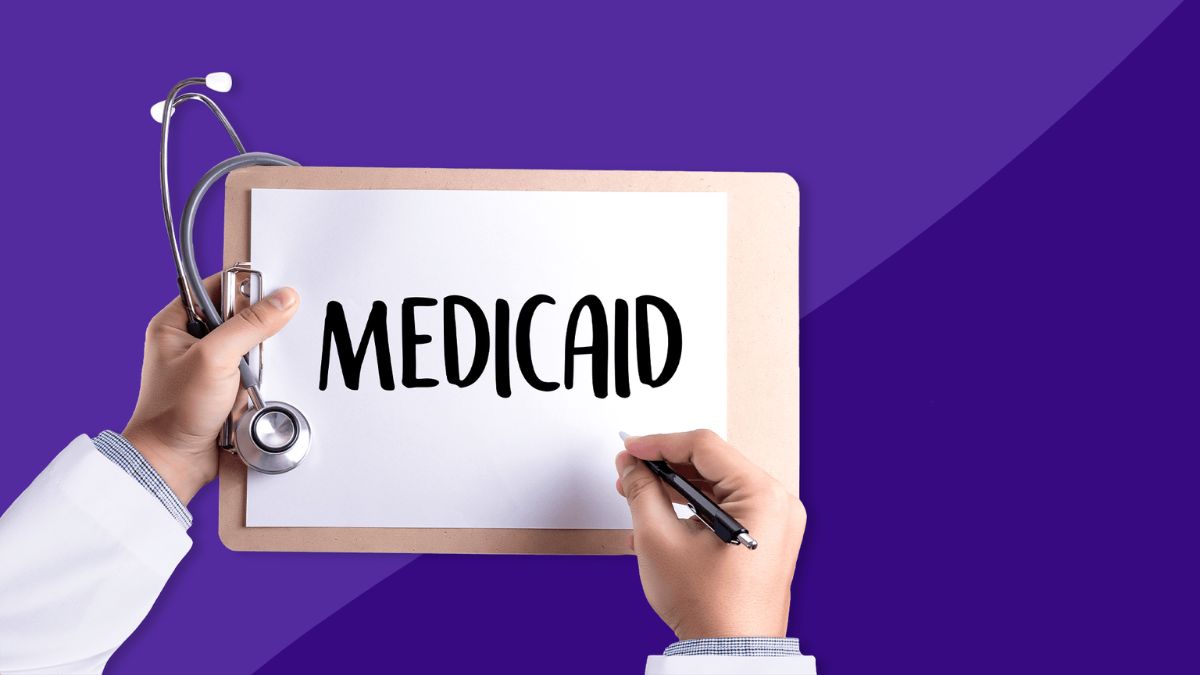A recent Medicaid rule introduced by Senator Mike Braun has raised concerns over its potential impact on Black and Hispanic communities. The rule, which seeks to change eligibility and benefits for Medicaid recipients, could have significant implications for these populations, particularly in terms of access to healthcare. Advocacy groups and healthcare professionals have expressed concerns that the changes may exacerbate existing healthcare disparities and undermine efforts to provide equitable care to underserved communities.
Overview of the New Medicaid Rule
Senator Mike Braun’s newly proposed Medicaid rule aims to address concerns regarding program efficiency and spending, but critics argue that its implementation could negatively affect marginalized groups. The rule includes provisions that may reduce the number of individuals eligible for Medicaid and tighten restrictions on benefits, with the goal of reducing the financial burden on the state and federal government.
While the proposed changes aim to address cost concerns, many are worried about the unintended consequences, especially for communities of color. The rule’s provisions could lead to significant reductions in Medicaid enrollment, affecting many low-income families, particularly those in Black and Hispanic communities.
Impact on Black and Hispanic Communities
Black and Hispanic populations have historically faced significant barriers to accessing healthcare, including lower rates of insurance coverage, fewer healthcare resources, and poorer health outcomes. The new Medicaid rule, which could result in stricter eligibility requirements and reduced benefits, threatens to further disenfranchise these communities.
Studies have shown that Medicaid plays a crucial role in providing healthcare access to people of color, helping bridge gaps in coverage that exist due to systemic inequality. In states with large Black and Hispanic populations, such as Indiana, the proposed changes could potentially lead to a significant increase in the number of uninsured individuals, particularly in rural and urban areas where these populations are more prevalent.
Advocacy organizations like the National Association for the Advancement of Colored People (NAACP) and the Hispanic Federation have expressed concerns that the new rule could disproportionately affect these communities. By limiting access to Medicaid, individuals in these groups could face increased financial strain, a lack of healthcare access, and worsening health conditions.
Challenges to Healthcare Access
Reducing Medicaid eligibility could worsen pre-existing challenges in accessing healthcare, particularly for low-income Black and Hispanic families. Studies have highlighted that these groups often face significant barriers to accessing timely and affordable care, including long wait times, language barriers, and a lack of culturally competent care.
Additionally, the new rule could further strain already overwhelmed healthcare systems in underserved areas, as a reduction in Medicaid enrollment would likely lead to an increase in uninsured individuals seeking care at emergency rooms or public health clinics. This could place additional stress on healthcare providers and lead to poorer health outcomes for those who are most in need of care.
Ongoing Debate and Advocacy Efforts
The Medicaid rule proposed by Senator Braun has sparked a heated debate in Washington, with strong opposition from healthcare advocacy groups, medical professionals, and some lawmakers. Critics of the rule argue that it is a step backward in the fight for healthcare equity and could undermine years of progress toward addressing disparities in healthcare access.
In response to the rule, various advocacy organizations are mobilizing to raise awareness and urge lawmakers to reconsider the proposed changes. Their efforts focus on highlighting the negative effects the rule could have on Black and Hispanic communities, as well as advocating for alternatives that would protect access to healthcare for all individuals, regardless of race or ethnicity.
Conclusion
Senator Braun’s new Medicaid rule has the potential to significantly impact Black and Hispanic communities, exacerbating existing healthcare disparities and making it more difficult for these populations to access essential care. While the rule may be framed as an effort to reduce government spending, it could have serious consequences for low-income families who rely on Medicaid for healthcare coverage. Advocacy efforts are ongoing, with many calling for reforms that would ensure equitable healthcare access for all individuals, regardless of race or ethnicity.
For more information on healthcare access and Medicaid reforms, visit National Public Radio (NPR).
Disclaimer – Our team has carefully fact-checked this article to make sure it’s accurate and free from any misinformation. We’re dedicated to keeping our content honest and reliable for our readers.








